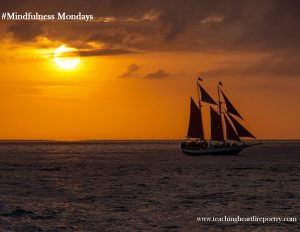
Last week, Helen Mirren read an excerpt from Alfred Lord Tennyson’s “Ulysses” on The Late Show with Stephen Colbert. It is a masterful reading of a powerful and poignant poem. Well worth listening and watching. Here’s the link: https://www.youtube.com/watch?v=aJb_zJbJ7FI
“Ulysses” also inspired two reflections in our book, Leading from Within. We were so taken with the poem and the reflections that we began and ended the book with them. In the first, Robert F. Kennedy, Jr. looks back to his childhood and his family’s tradition of memorizing and reciting poems at the dinner table. He shares that “Ulysses” was his father’s favorite and his “father’s last book, To Seek A Newer World, took its title from a line in the poem.”
In the second reflection, John C. Bogle, founder of The Vanguard Group, then age 78, “felt a shiver of recognition” on reading “Ulysses” and like Ulysses knew that he “had to travel as far as my mind and imagination would permit… and must give something back to the world that has given me so much”
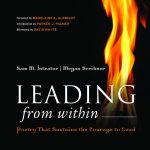 These two reflections, looking backward and forward, speak to the power of this poem and the challenge for all of us, no matter our age, to see if “some work of noble note may yet be done.”
These two reflections, looking backward and forward, speak to the power of this poem and the challenge for all of us, no matter our age, to see if “some work of noble note may yet be done.”
Below is the full poem – the line in bold marks where Helen Mirren began her reading – and the two reflections by Robert F. Kennedy, Jr. and John C. Bogel (the bios were written when Leading from Within was published in 2007 have not been updated).
Ulysses
—Alfred Lord Tennyson
It little profits that an idle king,
By this still hearth, among these barren crags,
Match’d with an aged wife, I mete and dole
Unequal laws unto a savage race,
That hoard, and sleep, and feed, and know not me.
I cannot rest from travel; I will drink
Life to the lees. All times I have enjoy’d
Greatly, have suffer’d greatly, both with those
That loved me, and alone; on shore, and when
Thro’ scudding drifts the rainy Hyades
Vext the dim sea: I am become a name;
For always roaming with a hungry heart
Much have I seen and known,—cities of men
And manners, climates, councils, governments,
Myself not least, but honor’d of them all,—
And drunk delight of battle with my peers,
Far on the ringing plains of windy Troy.
I am a part of all that I have met;
Yet all experience is an arch wherethro’
Gleams that untravell’d world, whose margin fades
For ever and for ever when I move.
How dull it is to pause, to make an end,
To rust unburnish’d, not to shine in use!
As tho’ to breathe were life. Life piled on life
Were all too little, and of one to me
Little remains; but every hour is saved
From that eternal silence, something more,
A bringer of new things; and vile it were
For some three suns to store and hoard myself,
And this gray spirit yearning in desire
To follow knowledge like a sinking star,
Beyond the utmost bound of human thought.
This is my son, mine own Telemachus,
To whom I leave the sceptre and the isle,—
Well-loved of me, discerning to fulfil
This labor, by slow prudence to make mild
A rugged people, and thro’ soft degrees
Subdue them to the useful and the good.
Most blameless is he, centred in the sphere
Of common duties, decent not to fail
In offices of tenderness, and pay
Meet adoration to my household gods,
When I am gone. He works his work, I mine.
There lies the port; the vessel puffs her sail;
There gloom the dark, broad seas. My mariners,
Souls that have toil’d, and wrought, and thought with me,—
That ever with a frolic welcome took
The thunder and the sunshine, and opposed
Free hearts, free foreheads,—you and I are old;
Old age hath yet his honor and his toil.
Death closes all; but something ere the end,
Some work of noble note, may yet be done,
Not unbecoming men that strove with Gods.
The lights begin to twinkle from the rocks;
The long day wanes; the slow moon climbs; the deep
Moans round with many voices. Come, my friends.
’Tis not too late to seek a newer world.
Push off, and sitting well in order smite
The sounding furrows; for my purpose holds
To sail beyond the sunset, and the baths
Of all the western stars, until I die.
It may be that the gulfs will wash us down;
It may be we shall touch the Happy Isles,
And see the great Achilles, whom we knew.
Tho’ much is taken, much abides; and tho’
We are not now that strength which in old days
Moved earth and heaven, that which we are, we are,—
One equal temper of heroic hearts,
Made weak by time and fate, but strong in will
To strive, to seek, to find, and not to yield.
Robert F. Kennedy Jr.’s Reflection on Ulysses
My parents loved poetry, and my ten brothers and sisters and I took turns memorizing poems for recitation at the dinner table. We favored the ballad poems. Tennyson, Kipling, and Robert Service were standard favorites. Most of my siblings can still flawlessly recite “The Cremation of Sam McGee,” “Gunga Din,” “The Charge of the Light Brigade,” “Abdul Abulbul Amir,” and “Casey at the Bat.”
But my father’s favorite poem and one we all memorized was Tennyson’s “Ulysses.” This is the story of Ulysses, in his dotage, rallying his friends for a last heroic journey. My father’s last book, To Seek a Newer World, took its title from a line in the poem.
—Robert F. Kennedy Jr.
Robert F. Kennedy Jr. serves as senior attorney for the Natural Resources Defense Council, chief prosecuting attorney for the Hudson Riverkeeper, and president of Waterkeeper Alliance. He was named one of Time magazine’s Heroes for the Planet for his success helping Riverkeeper lead the fight to restore the Hudson River.
John C. Bogle’s reflection on “Ulysses”
In his epic poem, Alfred Lord Tennyson describes the heart, mind, and soul of Ulysses as he decides to venture off on yet another odyssey. After his first voy- age, filled with danger, struggle, and accomplishment, Ulysses finds the peace- ful life he has earned far too mundane. He summons his aging crew and invites them to join him on one last journey. He assures them that their strong will is enough to carry them through—a message of idealism and hope.
After three decades with a failing heart, rescued by a heart transplant, I felt a shiver of recognition when I first read “Ulysses.” My career as the founder and chief executive of Vanguard was over. My first odyssey, filled with cities, men and manners, councils and governments, many honors, and the delight of battle with my peers, had ended. Yet I could not make an end in my own career. With the second chance at life miraculously given to me, I knew that I had to travel as far as my mind and imagination would permit.
So, hoping that “some work of noble note may yet be done,” I plunged into a new career. My goals: to build a better mutual fund industry and to return cap- italism to its original values, including trusting and being trusted. At the heart of that quest is the idealism that has permeated my life and my conviction that in these remaining years, I must give something back to the world that has given me so much.
—John C. Bogle
John C. Bogle founded The Vanguard Group, one of the two largest mutual fund organizations in the world, now managing more than $1 trillion of investor assets. His career has been dedicated to creating a new and better world for mutual fund owners, and for our nation’s business and financial systems.
photo credit: geofotousa “Sunset Over The Keys” via photopin (license)
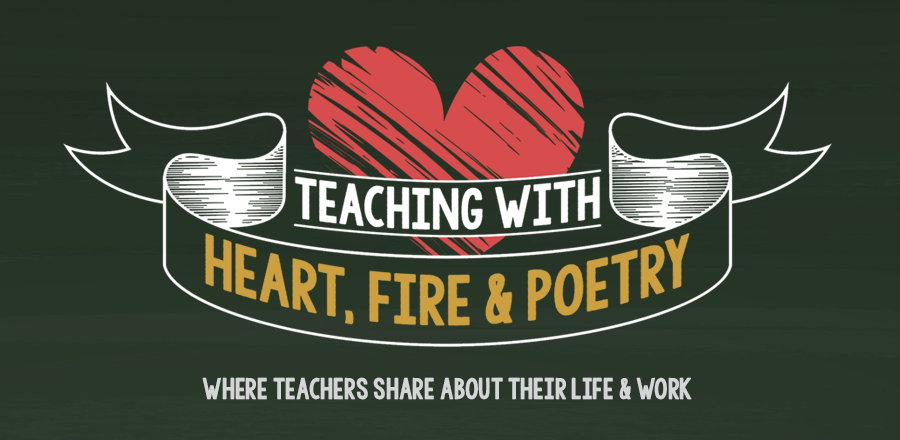
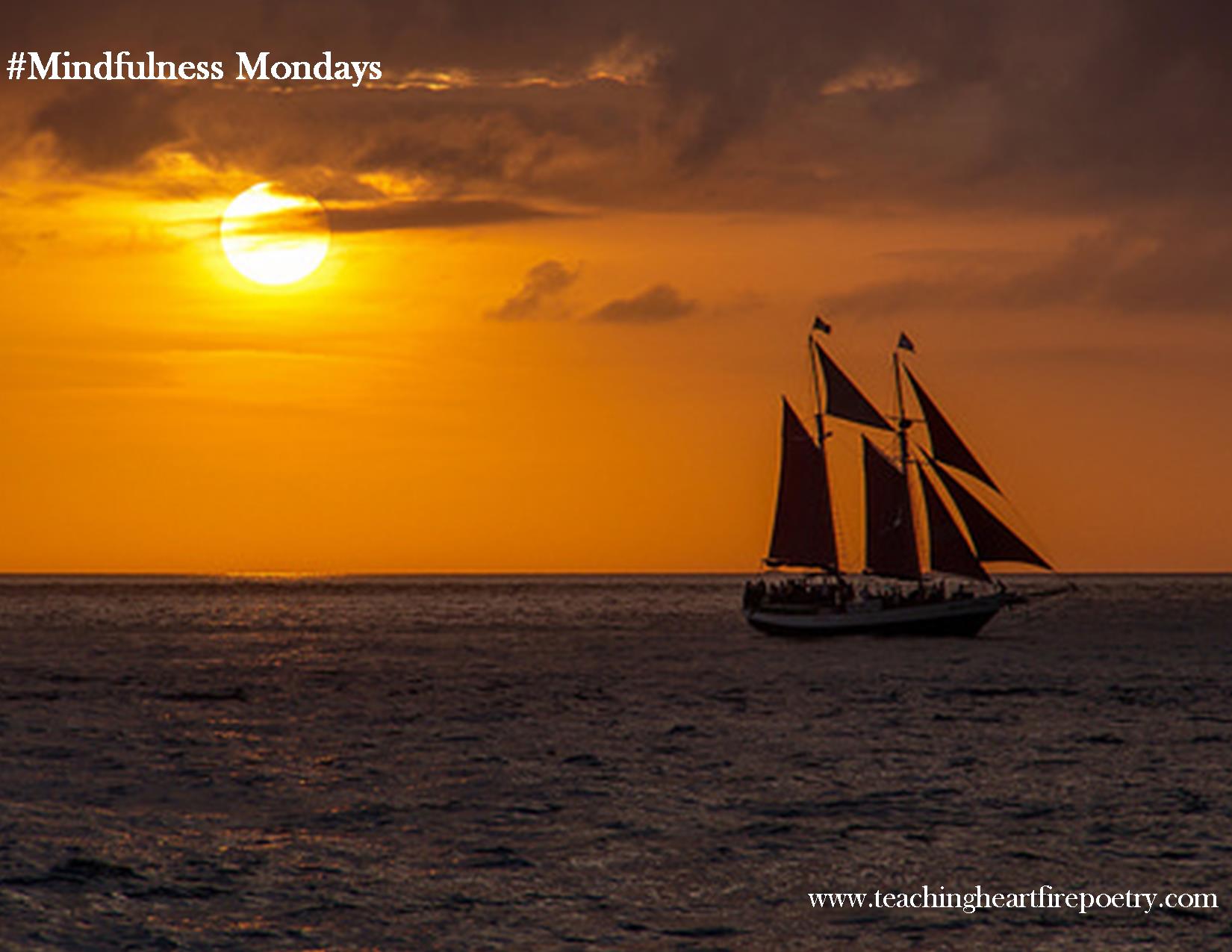
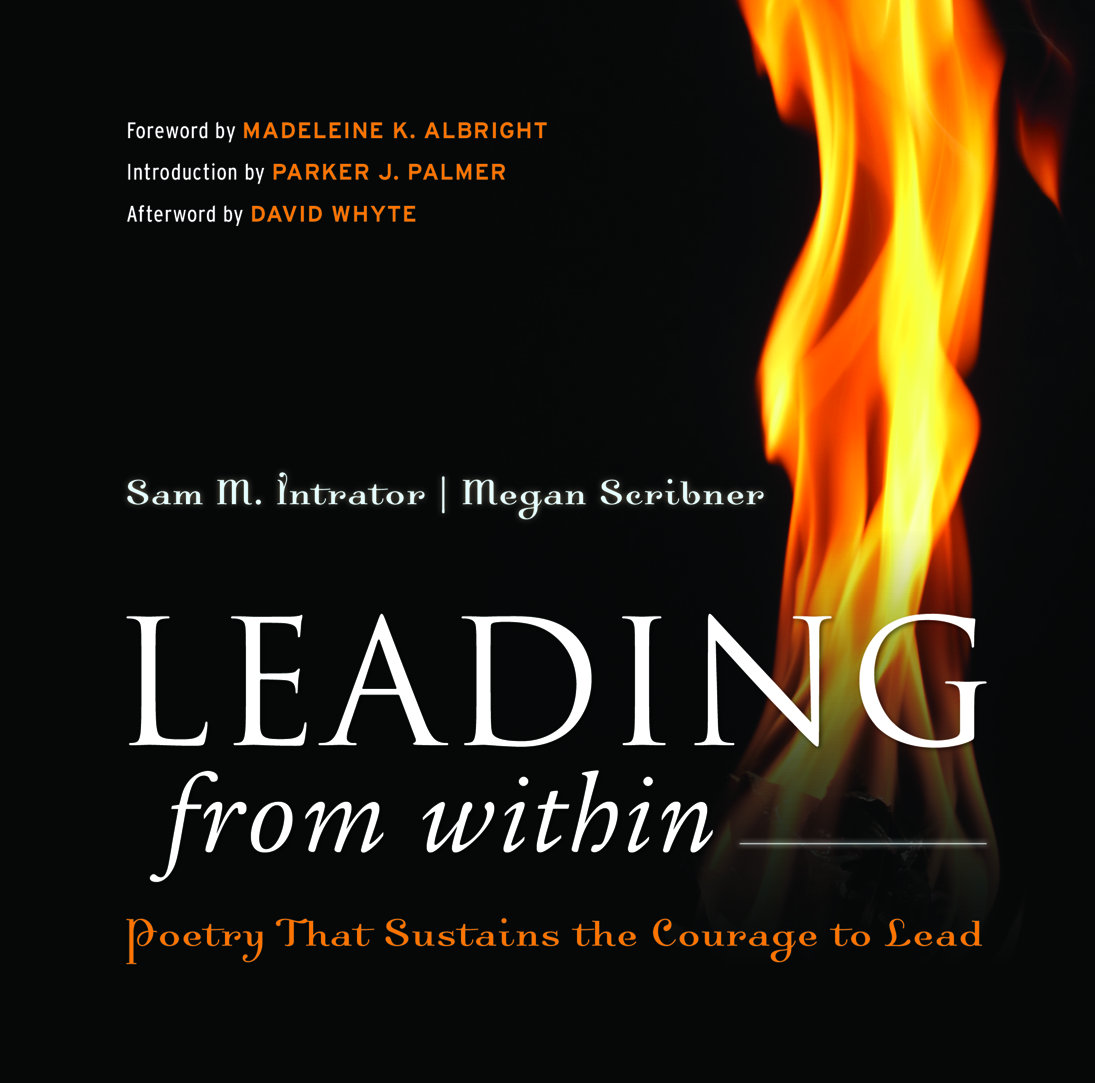
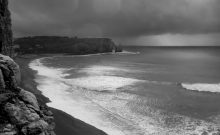

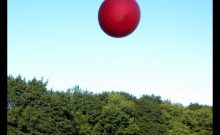
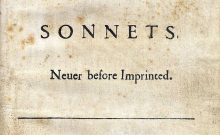
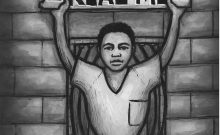
Leave a Comment